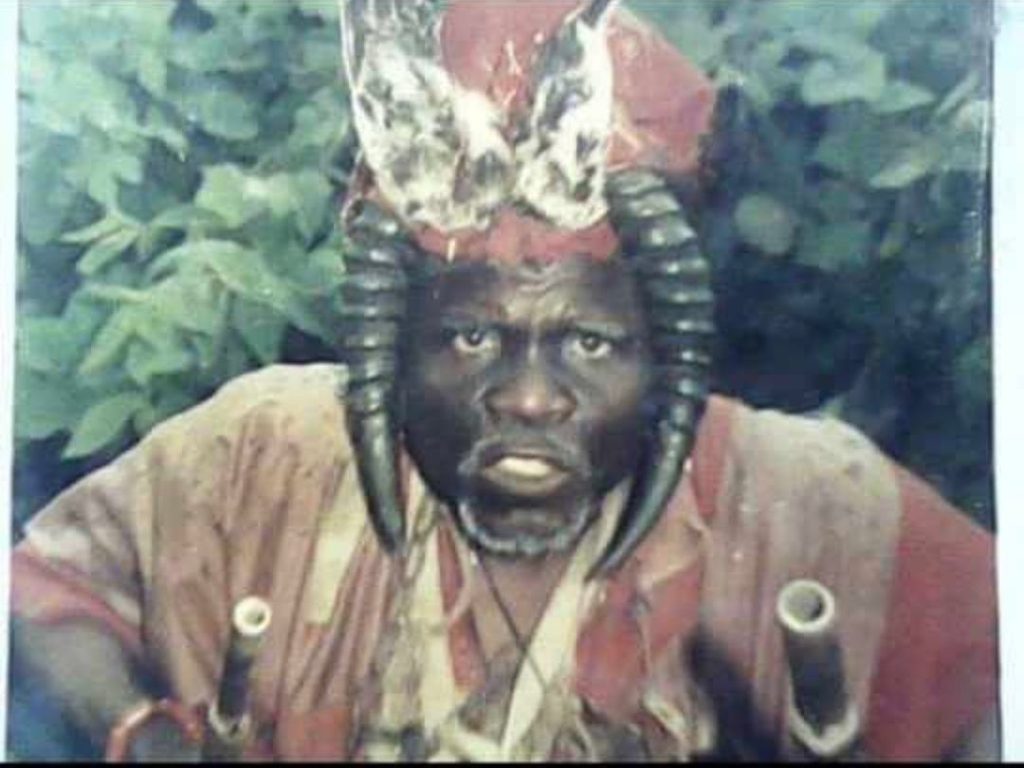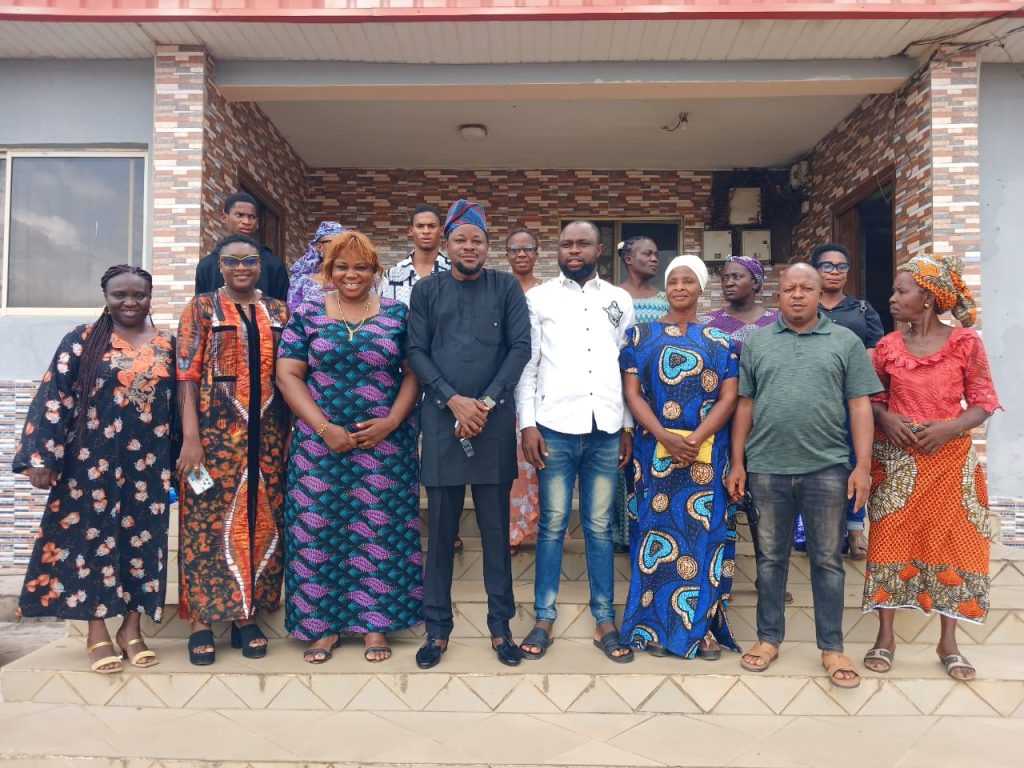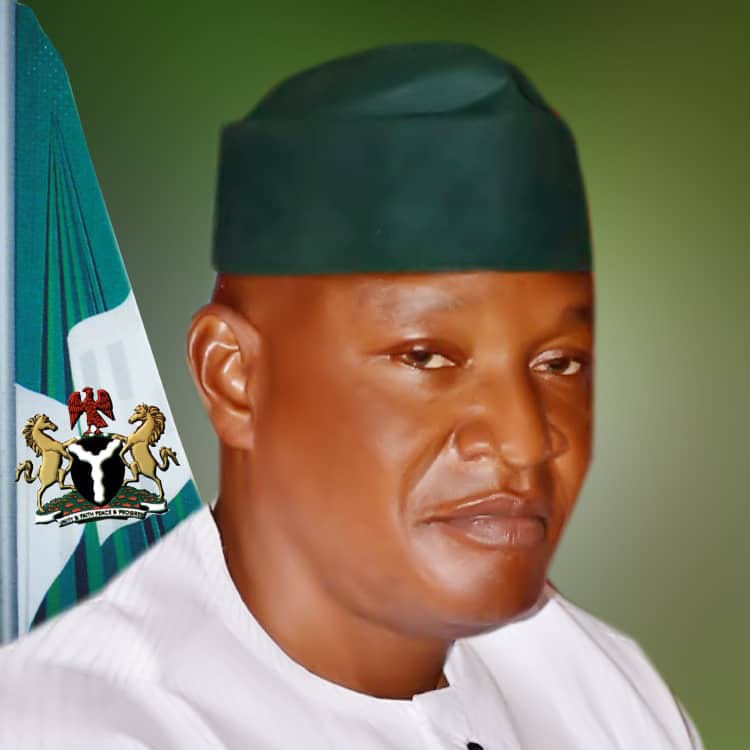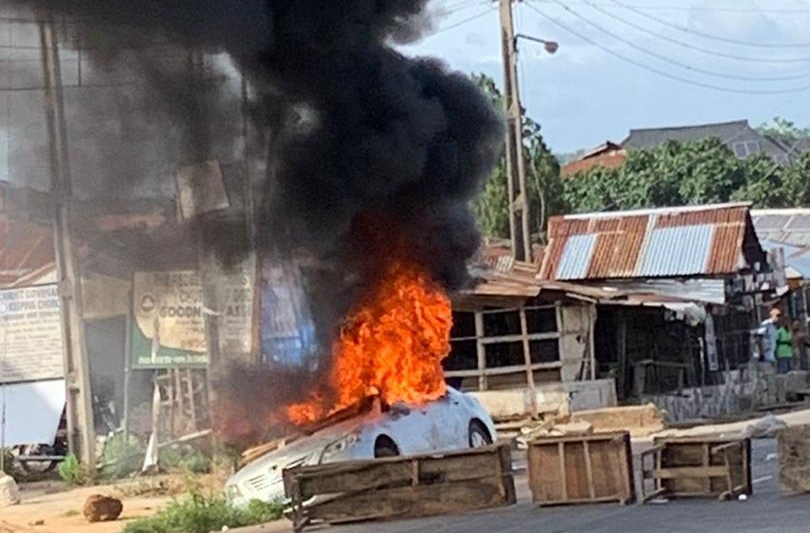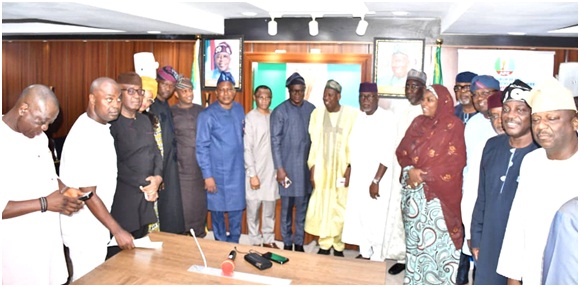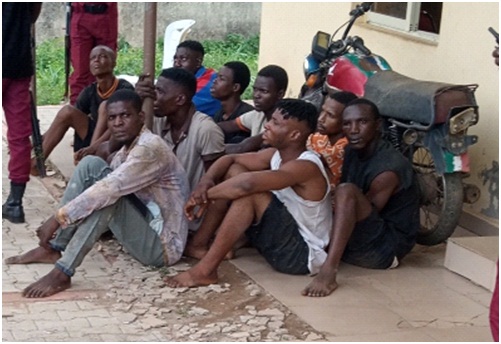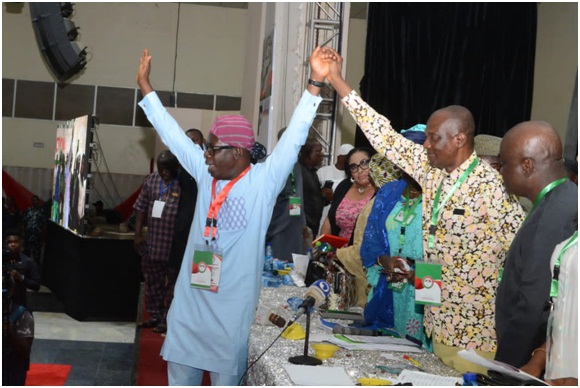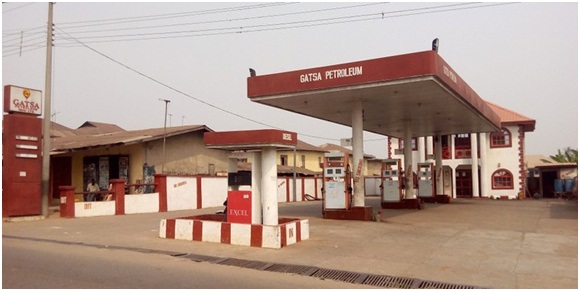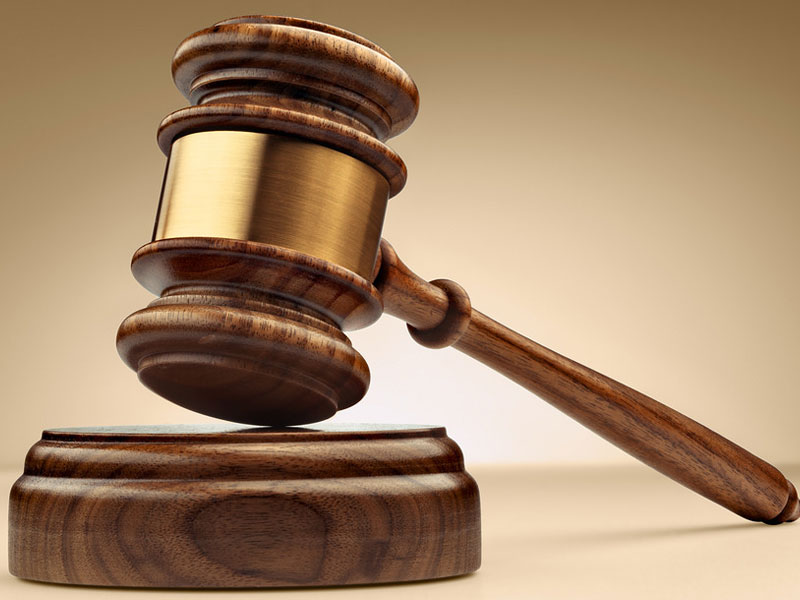FG’s Media Regulation Bills
ACCORDING to the 2021 World Press Freedom Index, Nigeria ranked 120th out of 180 countries, a five steps backward from last year, when it occupied 115th position. Similarly, Reporters Without Borders adjudged the country as “one of Africa’s most dangerous and difficult countries for journalists, who are often spied on, attacked, arbitrarily arrested or even killed.” In term of Democracy Index, Nigeria is ranked 110th, one slot away from authoritarian.
THESE are proofs that Nigeria is one of the countries in the world with little or no regard for freedom of speech and unfair treatment of journalists and the media industry. The proposed amendment of the Nigerian Press Council (NPC) and the Nigerian Broadcasting Commission (NBC) Acts before the House of Representatives lends credence to the above reports.
THE two bills, which are critical to stakeholders in the media industry such as the Nigerian Guild of Editors (NGE), the Nigerian Union of Journalists (NUJ) and the Newspapers Proprietors Association of Nigeria (NPAN) described as draconian, are sponsored by the Member representing Ogo-Oluwa/Surulere Constituency , Oyo State and Chairman, House Committee on Information and Orientation, Odebunmi Olusegun; someone who has no iota of experience in journalism or media practice.
AMONG other obnoxious provisions of the proposed amendment to the NPC Act, Nigerians are mandated to obtain licence before operating a press organisation or face a sanction of N5 million if breached. The bill also gives so much power to the Minister of Information to take key decisions regarding the council and media practices in general while the Board Members of the council are to relinquish their powers and play only advisory role. The President, on the recommendation of the Minister of Information shall appoint members of the Board. The proposed amendment also positions the council to take up the role of a judicial court: the council is proposed to have the power to revoke licence, fine and suspend journalists and media houses.
ON the other hand, the proposed amendment to the NBC Act empowers the NBC to determine public interest and impose sanctions on broadcast stations, including fines and revocation of licences where it feels broadcasters have acted against its perception of public interest. It also gives the Minister of information power to give directives to the commission regarding broadcast media operations. Specifically, Section Two of the bill proposes to give NBC the powers to “receive, process and consider applications for the establishment, ownership of radio and television stations” while the Minister of Information, Lai Muhammed suggested that “all internet broadcasting and online media should also be included in the bill”.
WITH the obnoxious provision, it is glaring that the proposed amendments to the NPC and the NBC Acts are targeted at gagging the media and criminalising journalists. There is no doubt that all over the world, the government of each country has certain mechanisms to checkmate excesses and to ensure effectiveness and efficiency of the media, which are instrumental to a functional democratic setting. The Hope quite understands that some media organisations, especially online media, sometimes deviate from the ethics of journalism.
THESE as enemies, rather than contemporaries. The sanction of Africa Independent Television (AIT) and Raypower in 2019, Arise TV in 2020 and Channels Television in 2021 and many other examples are proofs that government is waging war against the media.
THE Hope charges President Muhammad Buhari, who has pledged that he is a converted democrat and committed to the ideals of press freedom to walk the talk. The mass media, over the centuries, have been the life-wire of democracy and the link between the government and the governed. The media have also been the oxygen of democracy, shaping government policies and mobilising the people to be responsible citizens.
IN view of the numerous functions of the media in any democratic setting, government should be opened to suggestions on how best to improve media practice in Nigeria, rather than deploying draconian laws. The media industry has certain internal regulatory systems put in place to ensure duties are discharged in accordance with the law and ethics. Government should collaborate with critical stakeholders to put in place regulations to curb the new challenges posed by the online media, not draconian laws. Similarly, government should respect the Freedom of Information (FOI) law and make information available to media men; this will bridge the information gap between the government and the press and will ensure balanced reporting.
THE Hope charges government to take cognisance of the existing international media laws and regulations as Nigeria must not act in isolation of the international communities. “Churning out draconian bills that will gag the media”, as the NGE states, “will not only put Nigeria in the league of countries with repressive regimes in the world but also send wrong signals to the international community and investors.” We urge the National Assembly to reject the proposed media regulation bills as they are anti-democracy. The war on the media is a war on the people.

